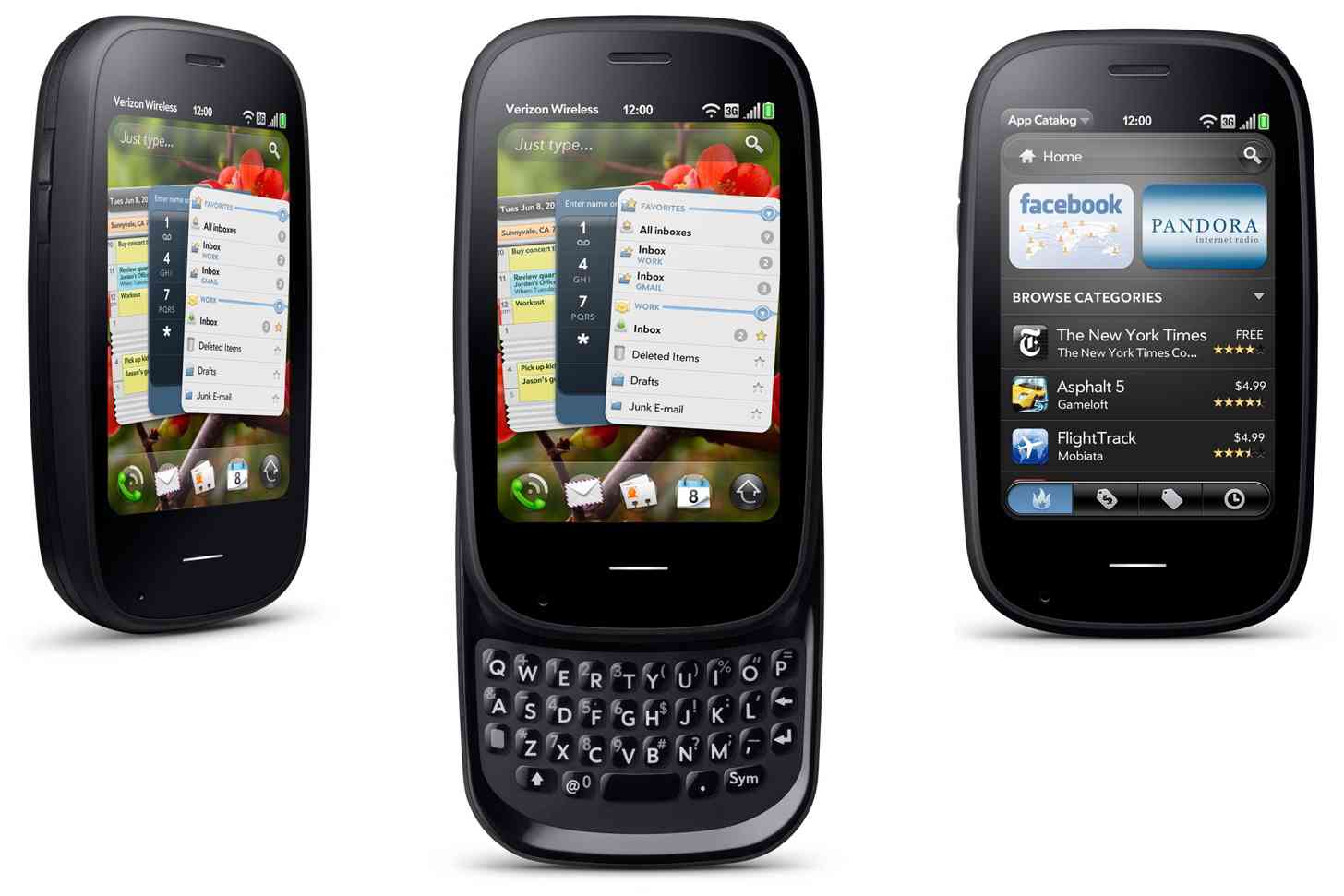
If there’s one thing I know about the people of my generation, it’s that we hang on to nostalgia like we’ve never had a single good thing happen to us since puberty. Our love of Nickelodeon cartoons, old Nintendo and PlayStation games, Bop-It, Surge, and Tamagotchi will forever live on in the form of arguably the most annoying hashtag of all time, #only90skids, and through the companies who easily rake in the cash by creating remakes of the exact same games with better graphics. If you’re really lucky, all you have to do is release the exact same shows we watched back in the day through streaming services like Netflix or Hulu. We can relive the magic again and again, and it never has to stop. Who needs to focus on the future when you can constantly dwell on the past?
Yesterday, Andrew Cunningham of Ars Technica wrote an article that I think most of us can resonate with when it comes to the state of the smartphone industry: “… it’s iOS, Android, or bust.” Isn’t that the truth, though? It does seem like no matter how much support we rally for BlackBerry's BlackBerry 10 or Microsoft for Windows Phone/Windows Mobile, they’re still essentially running in place. Whether it was a matter of coming up with a solution a little too late or not, the reality of the situation is that both Microsoft and BlackBerry, in the grand scheme of things, can’t offer as much as iOS or Android can in terms of what people find important. With BlackBerry having all but given up their own platform at this point in order to join Team Android, it’s up to Microsoft to be that third viable platform we need.
But it’s already February 2016, and people waiting on Windows 10 Mobile to come to their Windows Phone 8 devices (as previously promised) are still grasping at Insider Previews. An official release date has never been made, although generic goals have been stated (and then revoked), and although official release for the new Windows Mobile for older phones looks imminent, there’s nothing more than speculation that can prove that. Unless you’re willing to put your wallet in a trust fall of sorts into Microsoft’s arms with their Lumia 950 and 950 XL, those with older flagship Windows Phones still have an undetermined length of time to wait for a Windows Mobile update. It is for this reason that I believe the momentum for Windows 10 Mobile is waning.
So if BlackBerry can’t do it, and Windows Phone (maybe) can’t do it, I couldn't help but wonder if webOS would have stood a chance these days.
Realistically, the chances of webOS coming back to smartphones are slim to none. LG, who currently owns webOS, seems to have found that it works very well for smart TVs, and sort of for smartwatches. LG also seems to be doing fairly well for itself in the smartphone industry working with Android, so to think that LG would give up all of its hard work with Android to make smartphones with webOS – while entirely possible – seems unlikely at best.
As an official child of the 90’s™, the thought of webOS coming back sends my nostalgia meter off the charts. I loved webOS, I loved my Palm Pre, and I loved my Palm Pixi even more. Every once in a while I still think about getting that HP Veer or Pre 3 that hardly saw the light of day before HP decided webOS was no longer a worthy endeavor. I purchased an HP TouchPad during its $99 fire sale, and it was my first real experience with a tablet. Like everything else I owned with webOS, I loved it to bits. Of course, the only thing stopping me from purchasing these things now is that they, of course, haven’t aged well. Nostalgia or not, I know that I would be sorely disappointed if I went back to a webOS device today.

But what if LG did decide to update webOS and put it back on the market? Would it end up paling in comparison to iOS and Android like Windows Phone, BlackBerry, Ubuntu, Sailfish, and Firefox all have? While my initial reaction is to say, “No, of course not; webOS was great!” I think realistically most of the great things that webOS had to offer have already been adopted or bested by every other platform already.
I don’t even think the unique form factor of HP or Palm’s phones, which I so dearly loved at the time, would sit well with anyone. The sliding form-factor and physical keyboard are both qualities of phones that are no longer relevant. Not only have iOS and Android taken over the market in terms of operating systems, but so has a uniform slab-style design. Any unique design that shows up always ends up being a one-off – maybe two, if it’s lucky. LG's G Flex, Samsung Galaxy Round, and the BlackBerry Passport are the ones that come to mind off the top of my head. If this was 4 years ago I could come up with more, but the amount of phones that vary from the typical slab we’re used to seeing has dwindled greatly.
As much as I loved webOS circa 2009, I think it’s best to leave it there. If there ever is to be a viable third option for mobile devices it’s going to have to be something remarkable and, in a sense, serve as the second coming of the iPhone.
Readers, what are your thoughts on having a third competitive mobile operating system? Are you still holding out hope for Windows Mobile or BlackBerry? Do you think webOS is better left in the past? Is there still hope for a third viable mobile OS? Let us know your thoughts in the comments below!